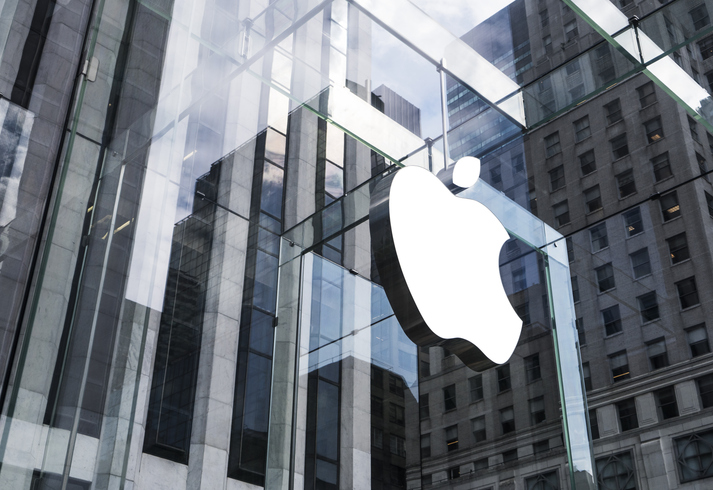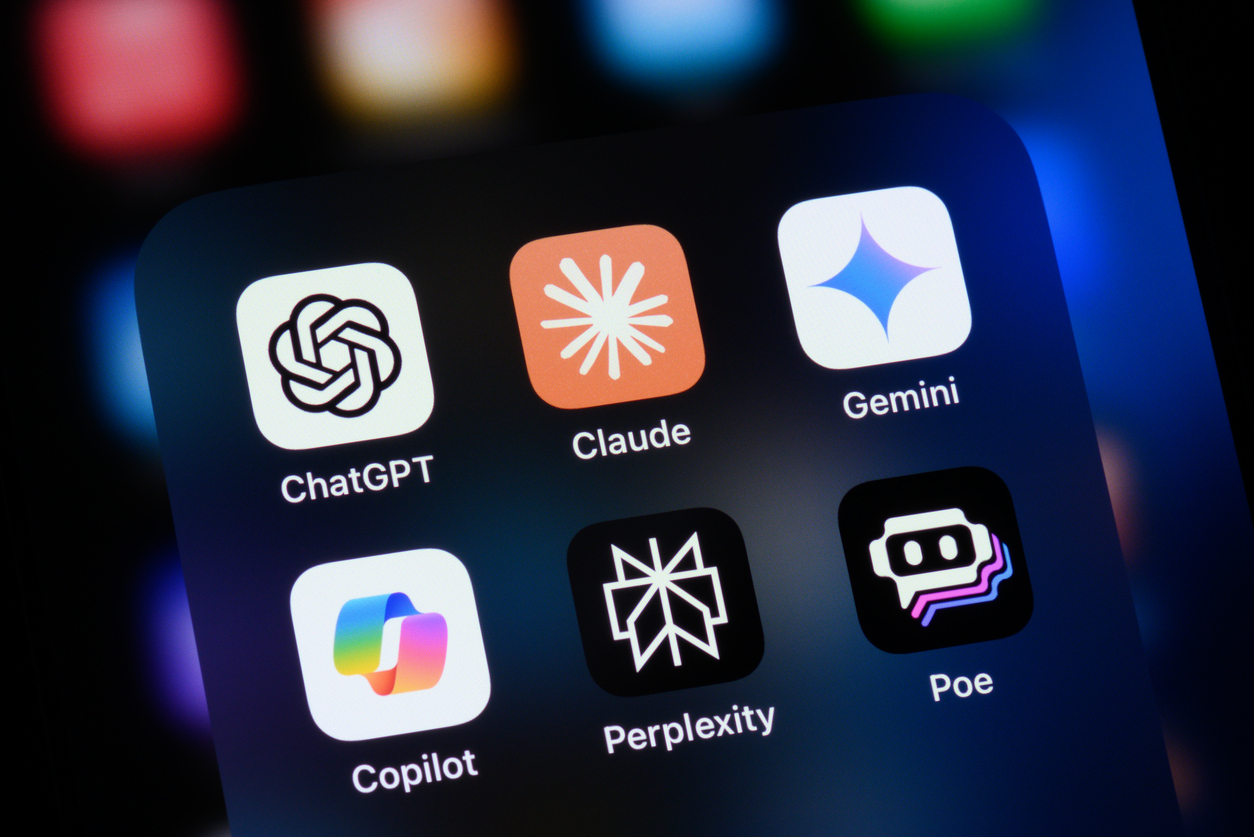In August 2025, artificial intelligence continues to dominate the tech landscape — particularly the evolution of AI assistants, which are now smarter, more intuitive, and deeply integrated into daily life. With recent updates and announcements from major players like Apple, Google, and OpenAI, the AI assistant race is heating up.
One of the biggest headlines this month is OpenAI’s release of its latest upgrade to ChatGPT, now capable of more human-like memory retention, voice interactions, and real-time web integration. Users can now ask their AI to remember preferences, suggest personalized routines, and even plan their week based on upcoming weather and to-do lists. This brings AI closer than ever to functioning like a real digital companion.
Apple, not to be outdone, announced a beta rollout of Siri 2.0 — a completely rebuilt voice assistant that uses on-device large language models for faster responses and better privacy. Early user feedback in August has been largely positive, with test users noting that the new Siri feels “more natural and less robotic.”
Meanwhile, Google is expanding Gemini, its AI assistant suite, across Android devices and Google Workspace. August updates now allow for more proactive suggestions — like recommending documents based on your recent calendar invites or summarizing missed emails into digestible daily digests.
What’s particularly notable this month is how these assistants are becoming more context-aware. Instead of needing precise commands, they can infer user intent. For instance, saying “Remind me to call Mom when I get to the house” triggers GPS-based reminders across platforms.
AI is also powering a new generation of smart home devices. August 2025 saw a surge in shipments of AI-powered thermostats, refrigerators, and even robotic kitchen assistants that can follow recipe steps while syncing with your grocery list. The smart home is finally catching up to sci-fi expectations.
However, the increasing sophistication of AI also raises privacy and security concerns. As assistants become more embedded in daily routines, questions around data usage, ethical boundaries, and over-reliance on AI are top of mind. Several consumer advocacy groups are urging clearer labeling of AI-generated content and more transparent data policies.
Still, the mainstream consumer response in August is clear: users want AI that works seamlessly, respects boundaries, and genuinely helps. Whether it’s managing a busy household, navigating a workday, or answering questions on the fly, AI assistants are no longer just tools — they’re becoming partners.
As August closes, it’s evident we’re entering a new phase in tech evolution, one where AI isn’t just in our devices — it’s woven into how we think, plan, and live.




